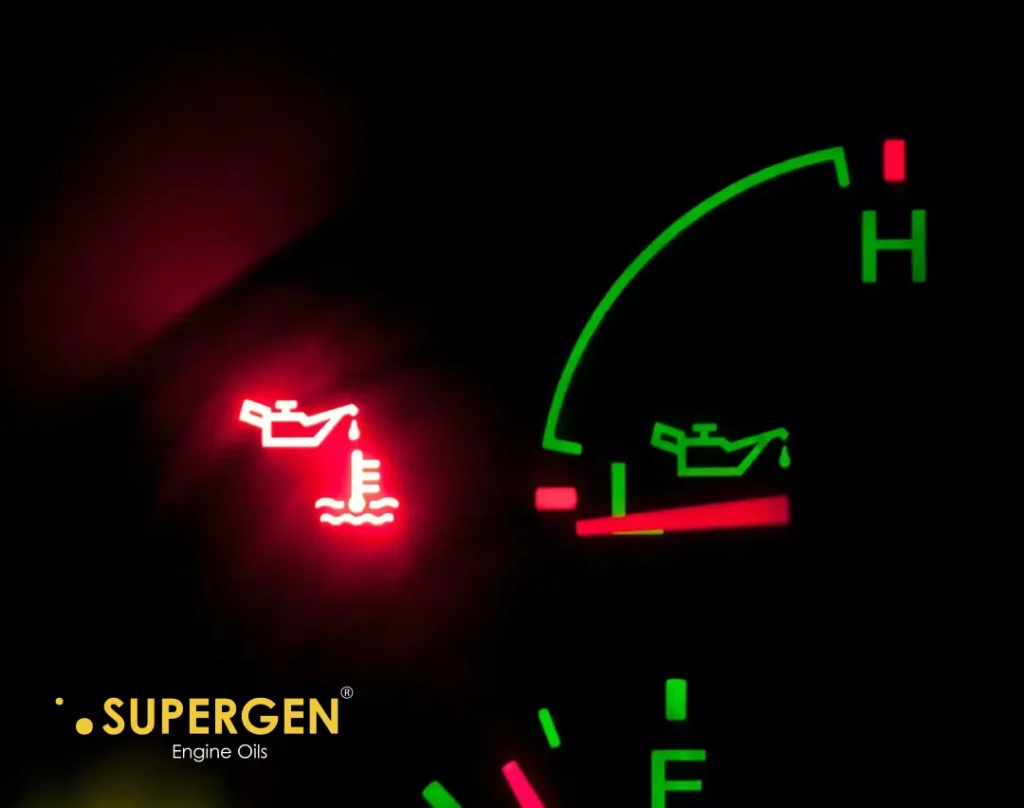Introduction:
Your vehicle’s engine is a complex and finely tuned machine, relying on various components working in harmony to ensure optimal performance. Among the many factors that contribute to your engine’s well-being, the level of engine oil plays a pivotal role. In this blog, we will delve into the intricacies of how low engine oil levels can potentially lead to overheating, unraveling the critical connection between oil levels and engine temperature.
Understanding the Role of Engine Oil:
Engine oil is often referred to as the lifeblood of an automobile’s engine, and for good reason. It serves multiple crucial functions, including:
- Lubrication: Engine oil forms a protective layer between moving parts, reducing friction and wear. This prevents metal-on-metal contact and ensures smooth operation.
- Heat Dissipation: Engine oil absorbs and carries away heat generated by the combustion process. This helps in maintaining the engine’s temperature within the optimal range.
- Sealing: Oil forms a seal between the cylinder walls and pistons, preventing the escape of gases and ensuring efficient combustion.
The Connection between Low Oil Levels and Overheating:
- Insufficient Lubrication: When the engine oil level is low, there’s not enough lubrication to adequately protect the moving parts.
Increased friction between these components can lead to overheating as the engine works harder to compensate for the lack of lubrication. - Reduced Heat Dissipation: With lower oil levels, the engine oil’s ability to absorb and dissipate heat diminishes,
This can result in localized hotspots within the engine, contributing to overheating. - Increased Friction and Wear: Low oil levels can lead to increased friction and wear on essential engine components, such as bearings and camshafts. As these parts wear down, the heat generated intensifies, further exacerbating the risk of overheating.
- Impaired Cooling System Functionality: Some vehicles use engine oil to assist in cooling, either indirectly through the oil cooler or directly as a coolant in certain designs.
When oil levels are low, the cooling efficiency of the oil is compromised, potentially leading to overheating.
Preventing Overheating Due to Low Engine Oil:
- Regular Oil Checks: Establish a routine for checking and maintaining proper engine oil levels.
Follow the manufacturer’s guidelines regarding oil change intervals. - Monitor for Leaks: Keep an eye out for oil leaks, as they can contribute to a gradual decrease in oil levels. Address any leaks promptly to prevent further loss of oil.
- Use the Right Oil: Use the oil recommended by the vehicle manufacturer, as it is specifically formulated to meet the engine’s requirements.
Conclusion:
Maintaining optimal engine oil levels is not just a routine maintenance task; it is a fundamental aspect of ensuring your vehicle’s longevity and preventing potentially catastrophic issues like overheating. Regular checks, timely oil changes, and addressing any leaks are simple yet effective ways to safeguard your engine from the perils of low oil levels, ultimately contributing to a smoother and cooler-running vehicle.








